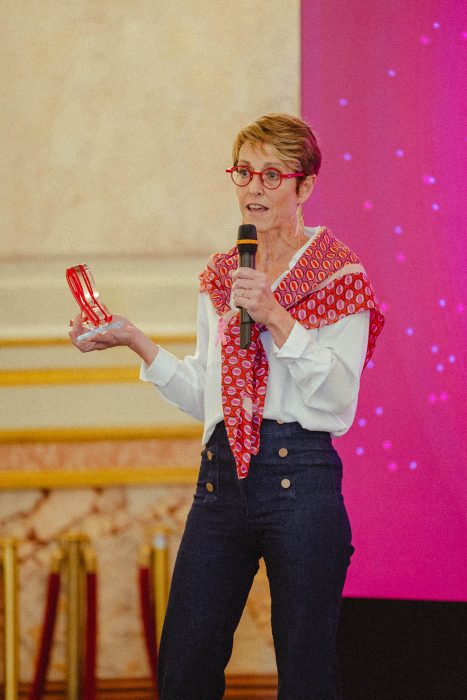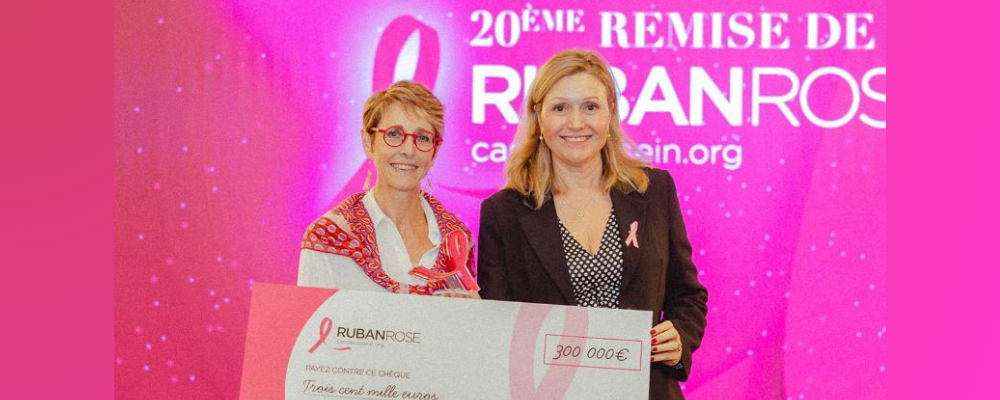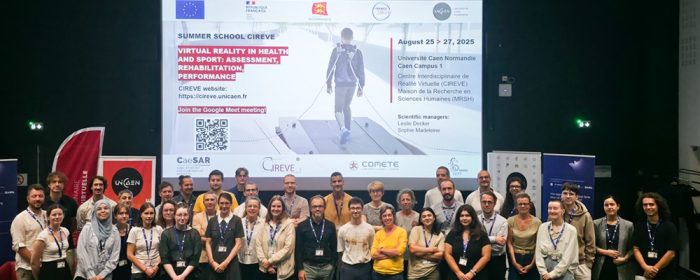Every year, the month of October is associated to the colour pink as a symbol of raising women’s awareness on screening for breast cancer. This year, on October 18, the Association Ruban Rose u(a not-for-profit organisation whose name translates as ‘Pink Ribbon’) revealed the winners of its 2023 Ruban Rose prizes, while allocating €1,850,000 to aid breast cancer research. The highest distinction, the Grand Prix Ruban Rose, was awarded to Professor Florence Joly, a medical oncologist at the François Baclesse Centre in Caen, for her work on “cognition and cancer”.
Although research keeps making progress, 1 in 8 women is still affected by breast cancer. Research plays a crucial part in detecting, treating, supporting and curing the disease. That is why since 2003 the Association Ruban Rose works alongside researchers, doctors, and other organisations to support research projects that contribute to the fight against breast cancer.

You won the Grand prix Ruban rose. What is it?
The Grand Prix Ruban Rose is awarded to internationally renowned researchers for their work in the field of breast cancer. For me, it was a recognition of my research into the impact of cancer and its treatment on cognition. I received this prize, which comes with 300,000 euros, from the President of the French National Assembly, Yaël Braun-Pivet.
What research are you currently involved in?
My research team, within the Anticipe U1086 · INSERM-UNICAEN (research unit), is working on the research theme of “living with cancer”. More specifically, we are conducting research into cognitive disorders induced by cancer and its treatments.
My work aims at understanding the neurological effects caused by treatments. Although therapeutic advances are enabling female patients to live longer, treatments have side effects. These include cognitive alterations, which are the second most common side effect after fatigue. However, these are still poorly understood and poorly identified.
Although these cognitive changes do not last for long, they can sometimes persist for 10 to 20 years after chemotherapy. My work focuses on three approaches: assessing these changes, understanding them to anticipate the consequences, and developing innovative treatments to improve the patients’ quality of life. Our aim is to propose interventional studies to improve treatment of these disorders.
What will this prize enable you to do?
This prize will enable me to take on a post-doctoral fellow to continue to develop the connected platform project that we want to set up. This project will be spread out over several years and it will help us to offer solutions adapted to each patient.





